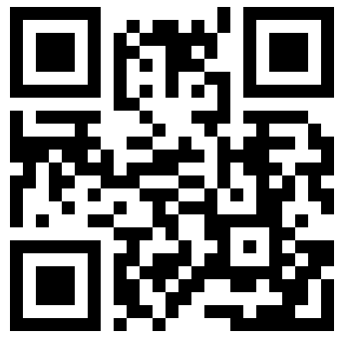Phone
+86 18630938527
With the continuous development of medical technology, medical ultrasonic scanner is widely used in clinical medicine. As a non-invasive, radiation-free, safe and reliable examination method, medical ultrasound scanner has become one of the first choice methods for the diagnosis of chest diseases. This paper introduces the application and advantages and disadvantages of medical ultrasound scanner in chest disease diagnosis.
First, the principle of medical ultrasonic scanner
Medical ultrasound scanner is a device that uses ultrasound to detect the internal tissues, organs and their motion state. Its principle is to apply a certain frequency and intensity of ultrasonic waves to a specific part of the human body, so as to generate echo signals. These echoes are received and converted into digital signals, which are then processed by a computer and produced into images that are displayed on a screen.
The application of medical ultrasound scanner in the diagnosis of chest diseases
1. Diagnosis of pulmonary diseases
Medical ultrasound scanner can accurately detect the size, structure, vascular distribution and lesions of lung organs. It can examine the structure of various parts of the lungs, including the alveoli, lobules, trachea and bronchi, and is able to assess the extent, type and extent of lung disease. For example, ultrasound scanners can detect diseases such as pulmonary hypertension and pulmonary embolism.
2. Examination of pleural effusion
Medical ultrasound scanners can detect fluid buildup in the pleural cavity. This technique can detect a large amount of effusion and identify the location of the effusion, which can be used as a reference for extracting pleural effusion.
3. Examination of chest wall condition
Medical ultrasound scanners can assess the size, shape, and position of the chest wall, and can detect any abnormal structures or masses on the chest wall. Because of the high resolution and sensitivity of ultrasound, very small chest wall lesions can be detected.
4. Detection of heart disease
Medical ultrasound scanners can assess the size, morphology, function, and hemodynamic status of the heart. It can detect heart disease, such as myocardial infarction, myocarditis and pericardial effusion.
5. Detection of deep vein thrombosis
A medical ultrasound scanner can assess the diameter of the deep vein and determine if there is thrombosis. This technique is very safe and can accurately detect deep vein thrombosis, avoiding the risks associated with traditional diagnostic methods.
The advantages and disadvantages of medical ultrasound scanner in the diagnosis of chest diseases
Step 1: Advantages
(1) Safe and harmless: Medical ultrasound scanner is a non-invasive, non-radioactive examination method, will not cause any harm to human tissues and organs, will not cause any side effects.
(2) High resolution: medical ultrasonic scanner has a high resolution and sensitivity, can accurately display the internal structure and lesions of the human body, which is very helpful for the diagnosis of chest diseases.
(3) Simple operation: The operation of medical ultrasonic scanner is relatively simple, and there is no special preparation, which makes it can be widely used in various medical institutions.
(4) Good repeatability: the results of the medical ultrasonic scanner can be checked and compared repeatedly, thus improving the accuracy and reliability of the inspection.
2. Weaknesses
(1) Limited scope of application: Although medical ultrasound scanner has high accuracy and reliability in the diagnosis of chest diseases, it still has certain limitations in the examination of some deep tissues or organs, such as peripheral lung and behind chest wall.
(2) The results are easy to be interfered by factors such as body type and motion state: the results of ultrasonic detection may be affected by the body type and motion state of the inspected, and may even be affected by the operator's technical level and experience.
Iv. Conclusion
Medical ultrasonic scanner has become one of the first choice methods in the diagnosis of chest diseases because of its high accuracy and reliability, safety, non-invasive and no radiation. However, its application scope still has some limitations, it needs professional operation, in order to ensure the accuracy and reliability of the inspection results. In the future, with the continuous progress of medical technology, medical ultrasound scanner will continue to improve its own technology and application range, and play a greater role in the diagnosis of chest diseases.
If you have any questions, please contact us!
CONTACT US

